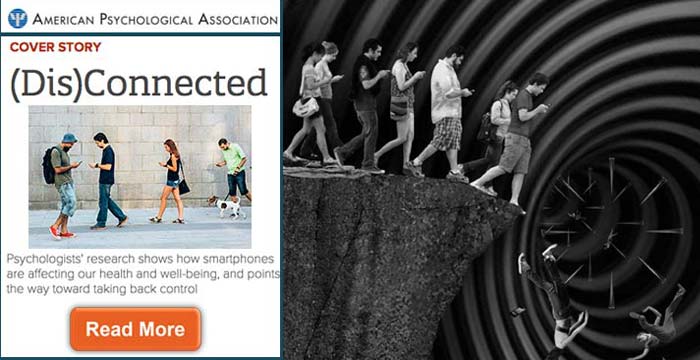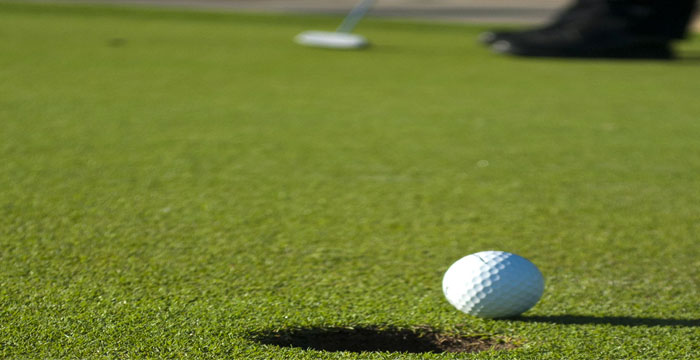I just finished reading a great article entitled Disconnected. This article highlights how wedded the younger generation is to technology and smart phones. As a child of the 80s, my age is beginning to show as I work with adolescents and college students. My typical Saturday consisted of kickball games, running bases, and riding bikes three towns over. After school, I would run outside to find other kids to play with returning just before dinner dirty, exhausted and wishing for more time. It didn’t matter if it was cold or hot, I just wanted to be outside playing and interacting with my neighbors and friends. My alarm clock to come inside was a natural signal, pink sky. I was told by my parents, “Go outside and play and come back home when the sky is pink”. As a group, all the children ran inside to eat dinner and spend time with family.
Fast Forward 30 years
Each day as I drive home, I find myself looking to see other kids riding their bikes and interacting with each other. It is more infrequent that I see a child on a bicycle or playing in the street. Ironically enough a few months back I found myself pleasantly surprised by the sudden abundance of kids riding around my neighborhood, only to discover they were playing Pokemon Go. The world is completely different. Kids are coming home and interacting through a different medium via PlayStation, Xbox or social media. I find that miscommunications occur through technology. In my practice, I often have to clarify whether an exchange occurred in vivo (in person) or through texting or other social media. Then I propose something radical. “Do you think speaking in person would clarify things?”. Silence….(envision a tilted head with a confused facial expression).
 In reading Weir’s article, it is difficult to imagine what life was like before the iPhone. It is equally hard to to address the impact smart phones have had on human behavior because the industry is moving so fast. The author does a great job of presenting the pros and cons of being connected to technology continuously. In the following section, I have excepted pieces of the article that I took away from it. For a more thorough read, please go to the original source
In reading Weir’s article, it is difficult to imagine what life was like before the iPhone. It is equally hard to to address the impact smart phones have had on human behavior because the industry is moving so fast. The author does a great job of presenting the pros and cons of being connected to technology continuously. In the following section, I have excepted pieces of the article that I took away from it. For a more thorough read, please go to the original source
Sleep
“I think we have a critical mass of research [indicating] that cellphone use at nighttime is best avoided,” says Murdock. She followed 83 college students for a week and found that students who were more attuned to their nighttime phone notifications had poorer subjective sleep quality and greater self-reported sleep problems (Behavioral Sleep Medicine, 2016).
While smartphones are often touted as productivity-boosting devices, their ability to interfere with sleep can have the opposite effect on getting things done. Russell E. Johnson, PhD, a professor of management at Michigan State University, and colleagues surveyed workers from a variety of professions. The researchers found that when people used smartphones at night for work-related purposes, they reported that they slept more poorly and were less engaged at work the next day. Those negative effects were greater for smartphone users than for people who used laptops or tablets right before bed (Organizational Behavior and Human Decision Processes, 2014).
Fear of Missing Out (FOMO Phenomenon)
“We have created a system where we feel compelled to check in on all the time.”
“Anxiety and smartphone use seem to often go hand in hand, says Larry Rosen, PhD, a professor emeritus of psychology at California State University, Dominguez Hills, who has studied the psychology of technology for more than 35 years .”
“One study has demonstrated that when high users of technology were requested to part with their smart phones for 25 minutes, subjective reports of anxiety were elevated.”
“Rosen has found that younger generations are particularly likely to feel anxious if they can’t check their text messages, social media and other mobile technology regularly. But people of all ages have a close relationship with their phones. He found 76 percent of baby boomers reported checking voicemail moderately often or very often, and 73 percent reported checking text messages moderately or very often (Computers in Human Behavior, 2013).”
Real-life Connections
One concern among experts is that the smartphone’s reinforcing qualities might train people to favor their phones over important people and events in their lives. “The technology is so phenomenal, it’s not surprising it causes us to be distracted all the time—but we’re missing out on the real world,”
“Real, face-to-face interactions are very much associated with emotional benefits,” Dunn says. Conversations by phone or video can also be positive. But when you scroll through Facebook instead of chatting with your seatmate on a train, or check out Instagram instead of talking to your spouse at dinner, you can lose out on the benefits of genuine human interaction. “You might be missing easy opportunities for social connection and the emotional boost that comes with them,” she says.
Is so easily tempting to engross our lives in cyber world; however, it is equally important to maintain your equilibrium through appropriate usage. The authors recommend taking a moderate approach towards cell phone usage. Below are a few tips to prevent against the negative effects of technology.
Seven Tips to Overhaul Smartphone Use
1. Make choices. The more we rely on smartphones, the harder it is to disconnect. Consider which functions are optional. Could you keep lists in a paper notebook? Use a standalone alarm clock? Make conscious choices about what you really need your phone for, and what you don’t.
2. Retrain yourself. Larry Rosen, PhD, advises users not to check the phone first thing in the morning. During the day, gradually check in less often—maybe every 15 minutes at first, then every 20, then 30. Over time, you’ll start to see notifications as suggestions rather than demands, he says, and you’ll feel less anxious about staying connected.
3. Set expectations. “In many ways, our culture demands constant connection. That sense of responsibility to be on call 24 hours a day comes with a greater psychological burden than many of us realize,” says Karla Klein Murdock, PhD. Try to establish expectations among family and friends so they don’t worry or feel slighted if you don’t reply to their texts or emails immediately. While it can be harder to ignore messages from your boss, it can be worthwhile to have a frank discussion about what his or her expectations are for staying connected after hours.
4. Silence notifications. It’s tempting to go with your phone’s default settings, but making the effort to turn off unnecessary notifications can reduce distractions and stress.
5. Protect sleep. Avoid using your phone late at night. If you must use it, turn down the brightness. When it’s time for bed, turn your phone off and place it in another room.
6. Be active. When interacting with social media sites, don’t just absorb other people’s posts. Actively posting ideas or photos, creating content and commenting on others’ posts is associated with better subjective well-being.
7. And, of course, don’t text/email/call and drive. In 2014, more than 3,000 people were killed in distracted driving incidents on U.S. roads, according to the U.S. Department of Transportation. When you’re driving, turn off notifications and place your phone out of reach. —Kirsten Weir.
I hope you find this article a compelling read and put these tips to practical use. Personally, I prefer live connections with people. Consistent with this literature, live exchanges give me a great emotional boost. While I maintain connections with others through social media, it does not replace my primary live communication. After all, we are human beings and we live in a social world. While we all may need to adapt and learn quickly in a technologically advanced world, we need to keep our emotional well-being at the forefront of all of our interactions. Stay tuned for more information to come. Until next time, don’t forget to get outside, play and come home when the sky is pink!!!
Dr. John E. Macri, a licensed psychologist maintains a private practice in Ridgewood NJ. He is available for individual or group consultation as well as public speaking. He can be reached at John@ newjerseycsp.com or 201-445-3306.




